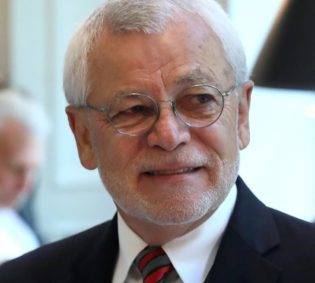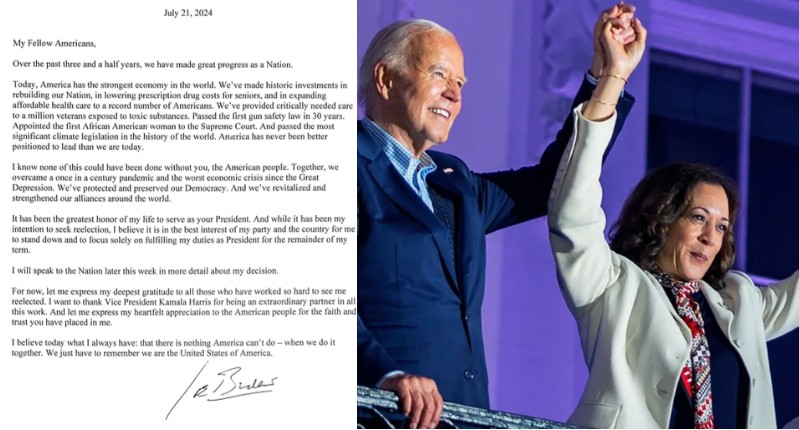Republican Nebraska state Sen. Steve Halloran is facing mounting pressure to resign after inserting a colleague’s name into a passage he read during a floor debate, which detailed a rape scene from a book. The incident occurred during a discussion of Legislative Bill 441, which aims to address obscenity and pornography in K-12 schools.
Halloran’s actions sparked outrage when he repeatedly invoked “Sen. Cavanaugh” while reading from Alice Sebold’s memoir, “Lucky,” which recounts her own experience of being raped in college. Although Halloran did not specify which Cavanaugh he was referring to, the mention caused significant distress among lawmakers and constituents alike. In his subsequent apology on the Senate floor, Steve Halloran admitted his error in using his colleagues’ names but defended his decision to read the passage, citing its relevance to discussions on required reading materials in schools.
Calls for Resignation and Accountability Echo Across Nebraska Senate of Steve Halloran
The fallout from Halloran’s actions has been swift and fierce. Democratic state Sen. Machaela Cavanaugh, who was mentioned indirectly during the reading, delivered an emotional rebuke, emphasizing the trauma experienced by survivors of sexual violence. She condemned Halloran’s behavior as disrespectful and called for him to be held accountable for his actions.
Meanwhile, Sen. Megan Hunt, an independent, took the extraordinary step of adjourning the session early in response to Steve Halloran’s remarks. In a scathing critique, she called for his resignation, denouncing his conduct as reprehensible and indicative of a “broken brain.” Hunt’s sentiments reflect a broader sentiment among lawmakers and the public, who view Halloran’s actions as unacceptable and incompatible with his role as a state senator.
Integrity of Legislative Process Compromised
The controversy surrounding Steve Halloran’s reading of the graphic rape scene not only underscores the need for sensitivity in legislative discourse but also raises questions about the integrity of the legislative process. By injecting a colleague’s name into a passage detailing such a traumatic experience, Halloran not only offended his peers but also undermined the credibility and decorum of the Nebraska Senate.
As calls for his resignation intensify and scrutiny mounts, Steve Halloran’s future in the legislature hangs in the balance. The fallout from this incident serves as a stark reminder of the importance of respect, empathy, and professionalism in the realm of public service, particularly when discussing matters as sensitive as sexual violence and education policy.
Calls for Accountability and Reflection
The fallout from Steve Halloran’s comments extended beyond the Senate floor, prompting reflection and accountability from other members of the legislative body. Senator Joni Albrecht, the sponsor of the bill being discussed, publicly apologized to her colleagues for the unwarranted inclusion of their names in the controversy. Albrecht expressed regret over the situation and emphasized the importance of addressing sensitive topics like sexual harassment and assault with dignity and respect, especially in educational settings.
Meanwhile, John Cavanaugh, responding to Halloran’s remarks, emphasized the value of literature in fostering empathy and understanding. Cavanaugh’s statement underscored the broader implications of Steve Halloran’s conduct, suggesting that a deeper engagement with diverse narratives could help mitigate such incidents in the future. His call for introspection and empathy served as a poignant reminder of the power of storytelling to bridge divides and foster compassion.
Revisiting Trauma and Seeking Redemption
The controversy surrounding Halloran’s remarks coincided with the revisiting of a traumatic event involving author Alice Sebold. In her memoir from 1999, Sebold detailed her experience of surviving rape in college, which led to the wrongful conviction of Anthony J. Broadwater. Broadwater’s exoneration in 2021 shed light on the complexities of justice and the lasting impact of false accusations. Sebold, expressing remorse for her role in Broadwater’s conviction, highlighted the need for accountability and redemption in cases of miscarried justice.
As the debate unfolded, it underscored the importance of confronting past injustices and seeking reconciliation. The intersection of personal narratives, legislative responsibility, and societal accountability served as a poignant reminder of the ongoing struggle for justice and healing. Ultimately, the controversy surrounding Halloran’s remarks prompted a broader conversation about empathy, accountability, and the power of words to shape our collective understanding of one another.
Table of Contents
Discover more from OGM News NG
Subscribe to get the latest posts sent to your email.














